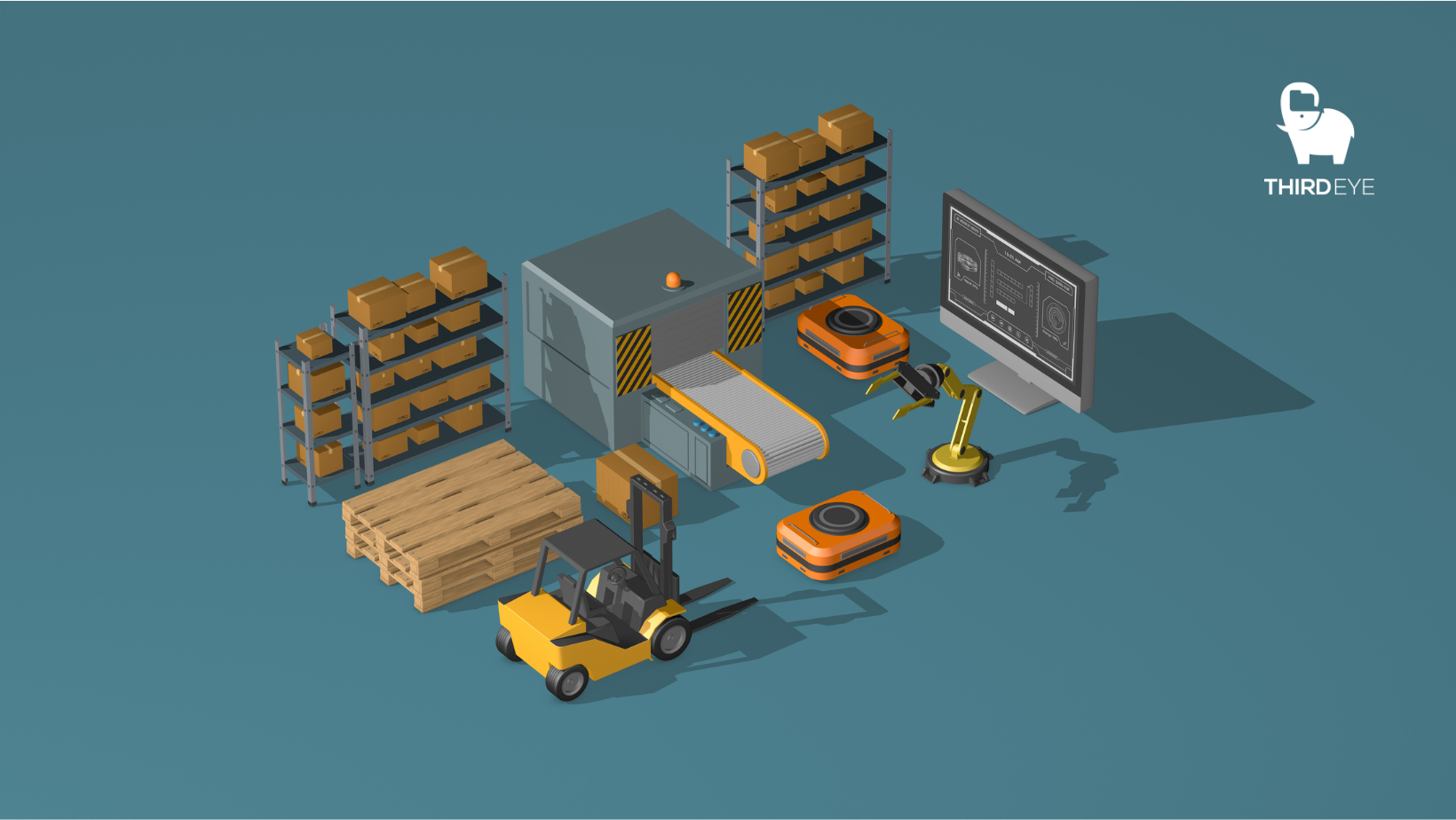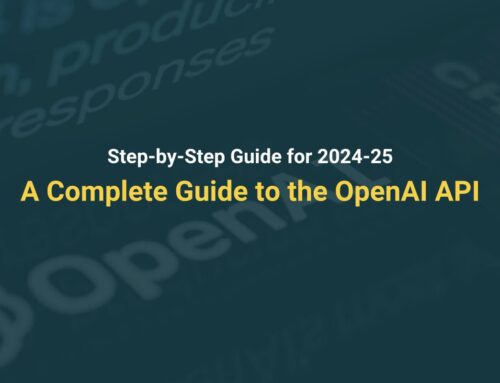How OpenAI is Driving Innovation in the Supply Chain Industry
The supply chain industry is a complex ecosystem that encompasses the movement of goods, information, and funds across various stakeholders. With the advent of artificial intelligence (AI) technologies, the industry is experiencing a profound transformation. One such influential force is OpenAI, a leading AI research organization that has been instrumental in driving innovation and reshaping the supply chain landscape.
According to a recent report by Gartner:
- 95% of supply chains must quickly react to changing conditions, but only 7% are able to execute decisions in real time.
- 39% of BODs flag business expansion through technical innovation as a top priority for 2023.
In this article, we will explore how OpenAI is revolutionizing the supply chain industry and leveraging its capabilities to enhance operational efficiency, optimize decision-making processes, and improve overall supply chain management.
Enhanced Demand Forecasting and Planning
One of the critical aspects of supply chain management is accurately forecasting demand to optimize inventory levels and avoid stockouts or overstocks. OpenAI’s AI models have the potential to significantly improve demand forecasting by analyzing vast amounts of data, including historical sales data, market trends, customer behavior, and even external factors such as weather patterns. By leveraging machine learning algorithms, OpenAI can identify patterns and correlations in these datasets to generate more accurate demand forecasts. This empowers supply chain professionals to make informed decisions regarding production planning, procurement, and inventory management, resulting in reduced costs and improved customer satisfaction.
Intelligent Warehouse Management
OpenAI’s AI capabilities are also revolutionizing warehouse management systems. AI-powered computer vision technologies enable automated monitoring and analysis of warehouse operations, including inventory tracking, picking optimization, and quality control. OpenAI’s models can process real-time video feeds from cameras installed within the warehouse, detecting anomalies, identifying potential bottlenecks, and suggesting optimizations to enhance efficiency. By streamlining warehouse operations, the supply chain industry can reduce errors, minimize labor costs, and expedite order fulfillment, thereby enhancing customer experience.
Optimized Routing and Logistics
Efficient transportation and logistics are critical components of a well-functioning supply chain. OpenAI’s algorithms, in collaboration with Microsoft Azure’s OpenAI Service, can analyze diverse datasets, such as historical transportation data, traffic patterns, weather conditions, and customer delivery preferences, to optimize routing and scheduling decisions. By considering multiple factors simultaneously, AI-powered systems can identify the most cost-effective and time-efficient routes, taking into account real-time constraints. This collaboration between OpenAI and Microsoft Azure empowers supply chain professionals to make data-driven decisions and unlock new levels of efficiency in their logistics operations. By leveraging the Azure OpenAI Service, organizations can achieve improved delivery performance, reduced fuel consumption, and enhanced overall supply chain agility.
Risk Management and Resilience
Supply chain disruptions, such as natural disasters, political unrest, or global pandemics, can have a significant impact on business operations. OpenAI’s predictive analytics capabilities can help organizations assess and mitigate risks by identifying potential vulnerabilities within the supply chain. By leveraging historical data, AI models can identify patterns and indicators that signal potential disruptions, enabling companies to proactively develop contingency plans and establish resilient supply chain networks. OpenAI’s AI-powered risk management systems provide real-time monitoring, alerting stakeholders to emerging risks and enabling prompt responses to mitigate potential disruptions.
Collaborative Decision-Making
Effective collaboration between stakeholders is crucial for optimizing supply chain performance. OpenAI’s natural language processing (NLP) capabilities, combined with Microsoft Azure’s OpenAI Service, enable intelligent decision support systems, facilitating communication and collaboration among supply chain professionals. AI-powered chatbots, integrated with Azure OpenAI Service, can assist in answering queries, providing real-time information, and automating routine tasks, thereby freeing up time for more strategic decision-making. Leveraging the capabilities of Azure OpenAI Service, supply chain professionals can seamlessly integrate AI-powered chatbots into their workflow, improving communication efficiency and enabling faster decision-making based on valuable insights extracted from vast amounts of unstructured data, such as emails, reports, and customer feedback.
Conclusion
OpenAI’s collaboration with Microsoft Azure through the Azure OpenAI Service is revolutionizing the supply chain industry by providing businesses with accessible and powerful AI capabilities. From demand forecasting and planning to warehouse management, logistics optimization, risk management, and collaborative decision-making, the integration of OpenAI’s models with the Azure OpenAI Service offers unprecedented potential for improving operational efficiency, reducing costs, and enhancing customer satisfaction. As supply chain organizations continue to embrace AI technologies, the partnership between OpenAI and Microsoft Azure’s OpenAI Service holds immense promise for reshaping the future of supply chain management.
Please note that the specific details and functionalities of the Azure OpenAI Service may evolve over time, and it’s always recommended to refer to the official Microsoft Azure documentation for the most up-to-date information.









